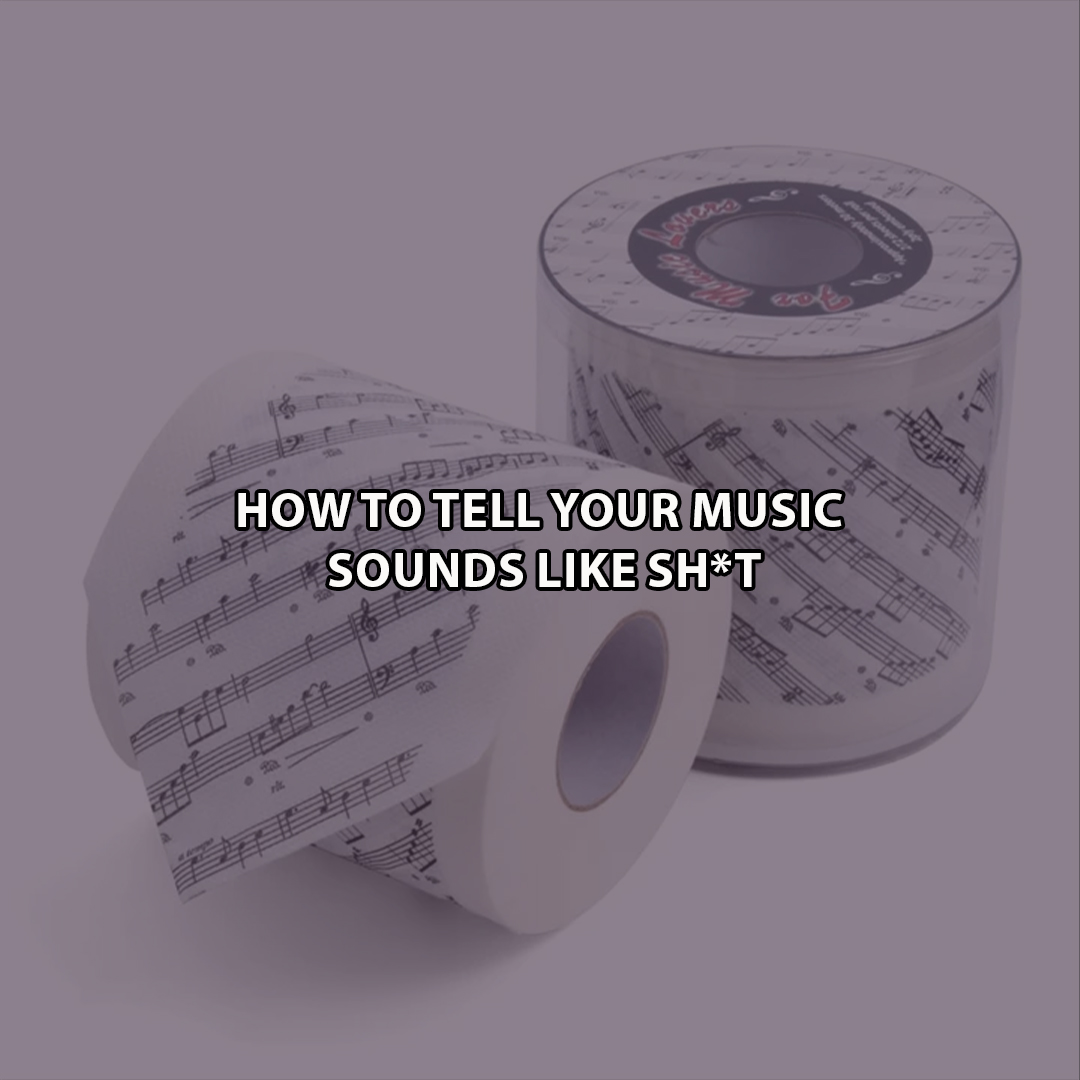Creating music is a personal and subjective journey. It’s a form of self-expression that reflects the artist’s inner world, emotions, and experiences. However, in the pursuit of crafting soundscapes that resonate with others, it’s crucial to remain objective about the quality of your output. Recognizing when your music might not be living up to your expectations—or anyone else’s—is key to growth and improvement. Here’s how to tell if your music might need more work.
1. Lack of Emotional Connection
Music, at its core, is an emotional art form. If your tracks don’t evoke any feelings or reactions from listeners (or even yourself), it might be a sign that they’re missing depth. The most memorable songs are those that make people feel something deeply, whether it’s joy, sadness, excitement, or nostalgia.
2. Poor Sound Quality
This can be a dead giveaway. If your music sounds muffled, distorted, or just plain low-quality compared to professionally produced tracks, it’s time to revisit your recording and production techniques. This usually involves going to audio professionals to produce high quality mixes and masters of your work. Check out EngineEars to find your next engineer!
3. Complexity Without Purpose
Complexity in music—whether through intricate melodies, harmonies, or rhythms—is not inherently bad. However, when complexity serves no purpose other than to be complex, it can distract listeners from the listening experience. Great music often lies in simplicity and the emotional impact it delivers, not in how many notes you can play per second. Most hit records are quite minimal in production but very impactful with substance.
4. It Doesn’t Stand Out
In the vast sea of music out there — ie. Apple Music, Tidal, Spotify, etc — your work needs to have a unique identity to stand out. If your music sounds too derivative or like a pale imitation of someone else’s style, it’s likely to be overlooked. Originality and authenticity are key to capturing and retaining listeners’ attention. You want to stand out, not join the crowd.
5. Feedback Is Consistently Negative
While not every piece of feedback should be taken to heart, consistent criticism from multiple sources about the same issues (e.g., vocal tuning, muddy mixing, lack of coherence) should not be ignored. Constructive criticism is invaluable for growth. If trusted peers or mentors suggest that something’s not quite right, it’s worth taking a closer look. Sites like EngineEars offer reviews for engineers by artists to give constructive criticism.
6. Lack of Engagement
If your music is consistently failing to engage your audience—measured through plays, shares, or live responses—it might not be hitting the mark. While going viral is rare and should not be the ultimate goal, some level of listener engagement is essential for success. Without a following, you have no one to get your music to, no matter how good the product is.
7. You’re Not Excited About It
Your instinct about your music is more insightful than you might think. If you find that you’re not proud or excited to share your creations, it could be a sign that they don’t meet your own standards. Passion for your work is often the first step towards creating something that resonates with others. Try playing your songs next to your favorite artist’s songs and see how well they measure up. Do they make you feel the same way as your favorite songs?
Turning Dissonance Into Harmony
Discovering that your music might not be as polished or impactful as you hoped is not the end of the world—it’s an opportunity for growth. Here are a few steps to improve:
- Seek Feedback: Constructive criticism can provide you with new perspectives and ideas for improvement.
- Educate Yourself: Invest time in learning more about music theory, production techniques, and emotional storytelling through music.
- Experiment: Don’t be afraid to try new styles, instruments, or production methods.
- Collaborate: Working with others can introduce new skills and insights into your music-making process.
Remember, every artist has room for improvement. Recognizing areas where your music could be better is the first step toward creating work that truly resonates. Keep learning, keep experimenting, and most importantly, keep creating.
